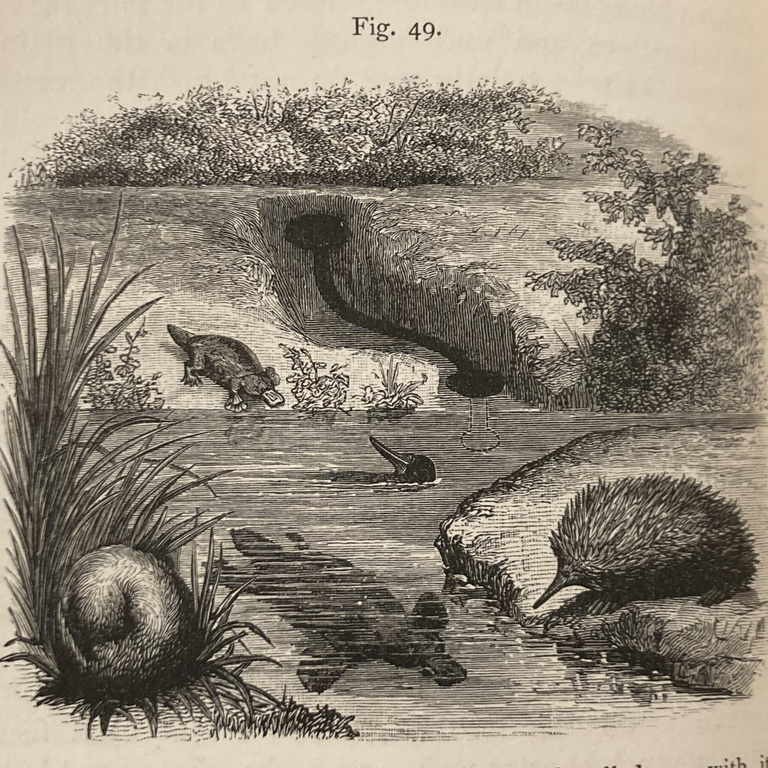From April 19-21, the Midwest Victorian Studies Association meets at the University of Iowa. Highlights include an exhibit on "William Morris in Iceland" in Special Collections, the Stedman Lecture, given by Elizabeth Yale on “Human Evolution in the Popular Press: Victorian Women on Mother Love, Mutual Devotion, and Moral Murder,” and an evening of Victorian dancing in the Old Capitol Senate Chamber.
Yale's lecture explored women’s contributions to late Victorian debates over evolutionary theory’s implications for human society, focusing in particular on intellectual and activist Frances Power Cobbe and science writer Arabella Buckley. Writing for popular audiences, they took on Charles Darwin’s account of the evolution of human morality in Descent of Man (1871). Like Darwin, both women rejected an overly simplistic laissez-faire, Spencerian “Social Darwinism.” Cobbe challenged Darwin, arguing that his naturalistic explanation of morality’s origins implied a relativism that dangerously undercut society’s moral foundations. Buckley, on the other hand, partially following Darwin’s lead, argued that devotion to others and mutual care evolved within a theistic, yet still Malthusian framework: altruism and love were man’s “greatest weapons” in the struggle for survival. Buckley advanced her argument as much through images as text, illustrating her books with many fine wood engravings by various Victorian artists. For each woman, moral principles mattered because they fostered moral action—care and effort on behalf of others.
